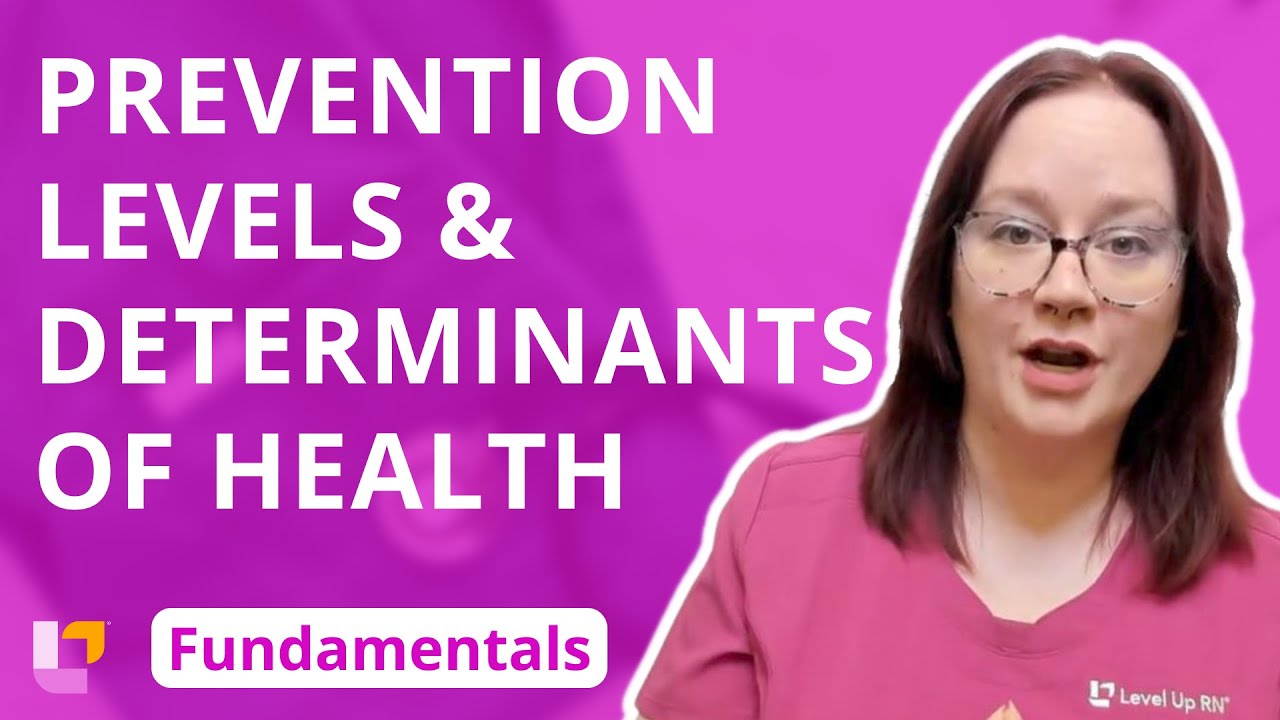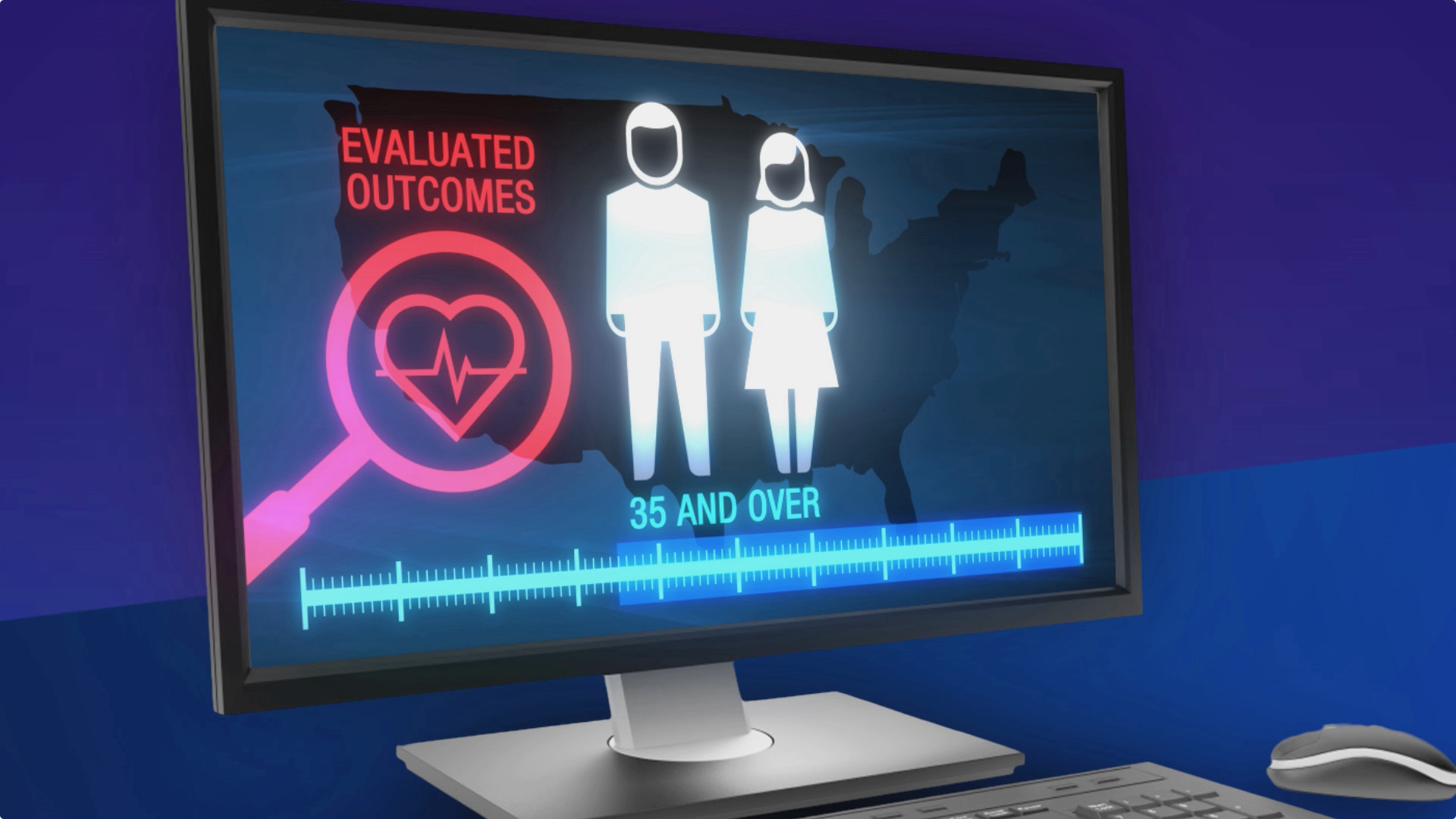NEW YORK (Reuters Health) – Cognitive therapy focused on concrete goals for enhancing quality of life in patients with schizophrenia and cognitive impairment can produce meaningful improvements, according to the results of a randomized trial reported in the Archives of General Psychiatry online October 3.
“This is the first time, to our knowledge, that patients with chronic schizophrenia selected from the extreme end of the low-functioning continuum have shown statistically significant and clinically meaningful improvement in psychosocial functioning in response to a psychosocial intervention,” the authors comment.
Cognitive therapy has been successful in treating schizophrenic patients, but studies have not focused on those with neurocognitive impairment and low functioning, note Dr. Paul M. Grant, with the Perelman School of Medicine at the University of Pennsylvania, Philadelphia, and colleagues. They developed a goal-directed cognitive therapy protocol explicitly oriented toward recovery, and adapted for patients with impaired cognition and skills.
In the current study, the researchers report the results of a trial in which 60 low-functioning patients with schizophrenia were randomized to receive 18 months of cognitive therapy plus standard treatment or standard treatment alone.
The weekly cognitive therapy sessions aimed to stimulate participants’ motivation to achieve goals such as independent housing, and to undercut dysfunctional beliefs that impeded achievement of those goals. Standard treatment consisted of at least antipsychotic medication, and often included services such as supportive counseling and vocational rehabilitation.
At 18 months, the mean global functioning score in the cognitive therapy group was 58.3, significantly better than in the standard treatment group at 47.9, the investigators found.
Furthermore, the mean score on the negative symptom subscale of avolition-apathy at 18 months was 1.66 in the cognitive therapy arm compared with 2.81 in the standard care arm (p=0.01), and the mean total score for positive symptoms such as hallucinations and delusions in the two groups were 9.4 vs 18.2, respectively (p=0.04), Dr. Grant and colleagues report.
Summing up, they conclude, “The major findings of this study — that CT (cognitive therapy) improved functioning and motivation and reduced positive symptoms in low-functioning patients with schizophrenia — suggest that this treatment might have utility to help reduce public health costs for the most expensive per-patient psychiatric population while simultaneously improving patients’ quality of life.”
Reference:
Randomized Trial to Evaluate the Efficacy of Cognitive Therapy for Low-Functioning Patients With Schizophrenia
Arch Gen Psychiatry 2011.









